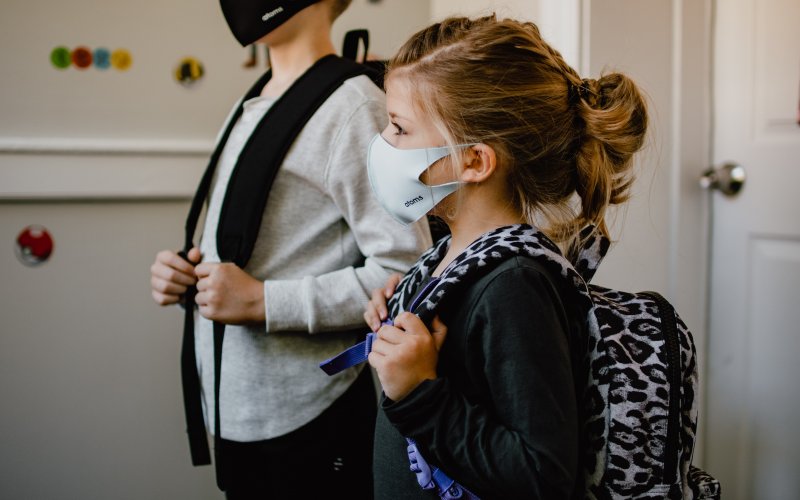UAlbany’s Third Annual School Safety and Preparedness Summit to Focus on Post-Pandemic Education and Mental Health

ALBANY, N.Y. (July 29, 2021) – Leaders from the School of Education and College of Emergency Preparedness, Homeland Security and Cybersecurity are gearing up to host the third annual Safe, Prepared and Effective Learning Environments Summit next week.
A virtual panel discussion will be held on Wednesday, Aug. 4 from 9:30 a.m. to noon. It will focus on the psychological well-being of students, teachers and staff of all ages when schools and colleges return to primarily in-person learning this fall.
The event is free and registration is required.
Panelists include:
- Ann Marie T. Sullivan, New York State Office of Mental Health Commissioner
- Robert Griffin, dean of the College of Emergency Preparedness, Homeland Security and Cybersecurity
- Angela M. Banks, a staff psychologist at UAlbany
- Melissa Them, a psychologist at HPA/LiveWell
“This pandemic has shown us how critical our schools are to our families, communities and economy. Safe schools are foundational to safe and thriving communities and the University at Albany is committed to making them as safe, preprepared and effective as possible,” said Griffin. “At the 2020 virtual summit, we addressed the many unprecedented challenges that were facing our educational institutions in the midst of the COVID-19 crisis. Now, a year later, we must work together to prepare learning environments for a new, post-pandemic normal. UAlbany is proud to host this conversation and once again bring together a renowned group of first responders, educators, researchers and industry partners.”
“Mental health has always been an important issue for those in the field of education, with various support structures across educational communities,” said Virginia Goatley, interim dean of the School of Education. “The events over the past 16 months have led schools and colleges to meet unparalleled needs and in different ways. We are the schools and communities working together to best support the mental health of our students, staff and families. The summit panelists provide a wide range of expertise across the field of mental health for all ages.”
The inaugural summit — a sold-out two-day event with more than 150 in attendance — was launched in August 2019 at the Albany Capital Center in response to recent increases in violence at schools across the nation. It featured interactive workshops to give people in the Capital Region, whose work includes protecting children and young adults, hands-on experience with emergency preparation, response and recovery.
In a follow-up program, New York Comptroller Thomas DiNapoli, who was a keynote at the inaugural summit, hosted a statewide roundtable at UAlbany. The event brought together stakeholders to strategize on how to collectively move work from the summit forward into the schools.
Last year’s summit featured three virtual conversations in July and August that focused on school preparedness and response to COVID-19. Discussions included how to safely reopen school buildings, campuses and classrooms, keeping students and schools safe in cyberspace, and addressing mental health for students and staff.
"Personal and family safety is a concern many students and staff will have as they return to face-to-face learning in the fall",” said Christy Smith, summit organizer and assistant dean of academic programs, partnerships and accreditation at the School of Education. “School and college leaders will need to build strong mental health supports so that everyone can learn and work at their fullest potential and this year's summit aims to help in this process."
Community leaders, educators (teachers, faculty, staff and administrators), first responders (emergency managers, police, firefighters, EMTs), mental health professionals, parents/guardians and social workers are encouraged to attend the upcoming session.




